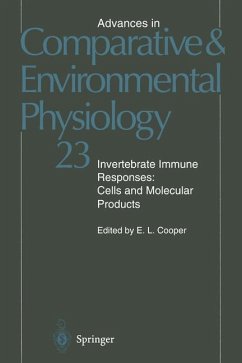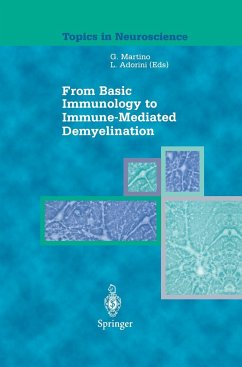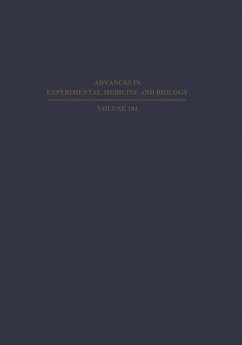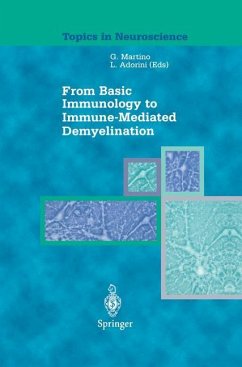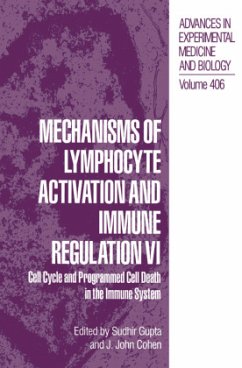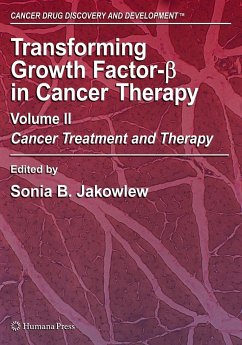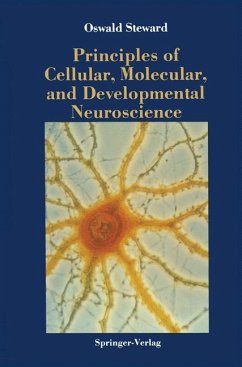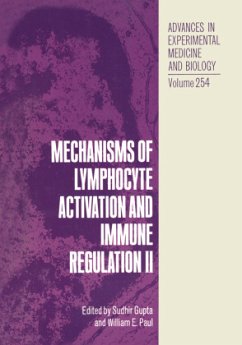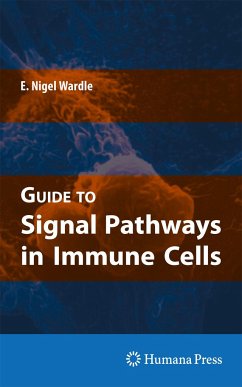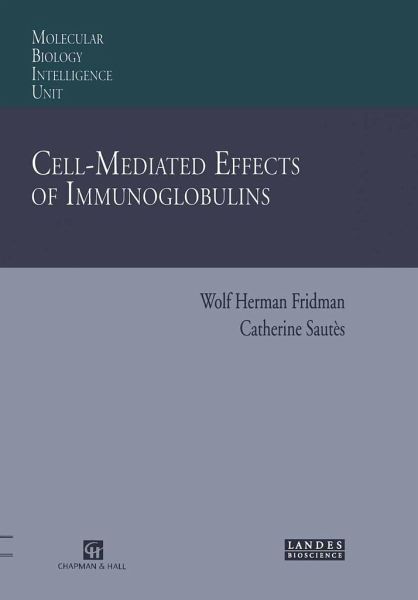
Cell-Mediated Effects of Immunoglobulins
Versandkostenfrei!
Versandfertig in 6-10 Tagen
151,99 €
inkl. MwSt.
Weitere Ausgaben:

PAYBACK Punkte
76 °P sammeln!
Interaction of antigen-antibody complexes with cells via specific immunoglobulin Fc receptors (FcR) triggers major immunological reactions such as efficient uptake of antigen, phagocytosis of microorganisms, cytotoxicity towards tumor or virus infected cells, mast cell degranulation and inflammation, etc. This book reviews the FcR for the different immunoglobulin isotypes, focusing on the structural bases of their biological functions, and on the regulation of their expression in physiology and pathology.



